12 stocks that might ease investors’ hip-pocket pain
Mortgage costs have ballooned for Australians with home loans, which comprise approximately one-third of the population. The latest data from the Australian Bureau of Statistics shows the cost of servicing a mortgage rose by 91.6% in the 12 months to 30 June 2023.
The Living Cost Indexes compiled by the ABS each quarter measures a raft of expenses across the broad categories of Insurance and Financial Services, Food and Non-Alcoholic Beverages, and Housing.
Mortgage costs are captured within the first of these, while Housing includes rent, property rates, maintenance of dwellings, and utilities (the last of which we touched on in this recent article).
The following wire extends this anecdotal approach to help identify other potential ways investors might offset the “hip-pocket pain” associated with elevated interest rates and inflation.
Note: This is not financial advice. Please consult a professional and consider your individual circumstances before making any financial decision.
Buying shares in ASX-listed companies exposed to the mortgage market might make some of us feel better (or at least, “less bad”) about the rate hikes, the latest of which represents an additional $1,264 in average repayments since the cash rate was 0.1% in April 2022.
Australia’s big four banks are a logical consideration in this context, especially given they comprised about 20% of the S&P/ASX 200 market capitalisation as of 30 June 2023. They also collectively account for just under 30% of franked dividend broker consensus forecasts for the next 12 months, as Martin Curre’s Reece Birtles pointed out recently.
ANZ Group Holdings (ASX: ANZ)
While Commonwealth Bank of Australia (ASX: CBA) is our most prolific issuer of mortgages, ANZ Bank currently ranks as a preferred big bank holding among many professional investors.
Michael Maughan from Tyndall Asset Management named ANZ as a BUY when he appeared on Livewire’s Buy Hold Sell on 28 June – at which point the company was trading at around $23 a share. He regarded downside risks as already being reflected in ANZ’s share price, with the stock then trading on a price-to-earnings multiple of around 10 times, versus CBA’s PE multiple of 17 times.
After the ACCC earlier this month stymied ANZ’s planned acquisition of smaller rival Suncorp, Morgan Stanley analysts reaffirmed their conviction in the smallest of Australia’s big four banks.
Goldman Sachs analyst Andrew Lyons rates ANZ as BUY, after upgrading from Neutral on 28 June, with a price target of $27.38.
UBS analyst John Storey also rates ANZ a BUY, with a price target of $25.
ANZ shares traded at $25.13 at the most recent market close on Monday 14 August.
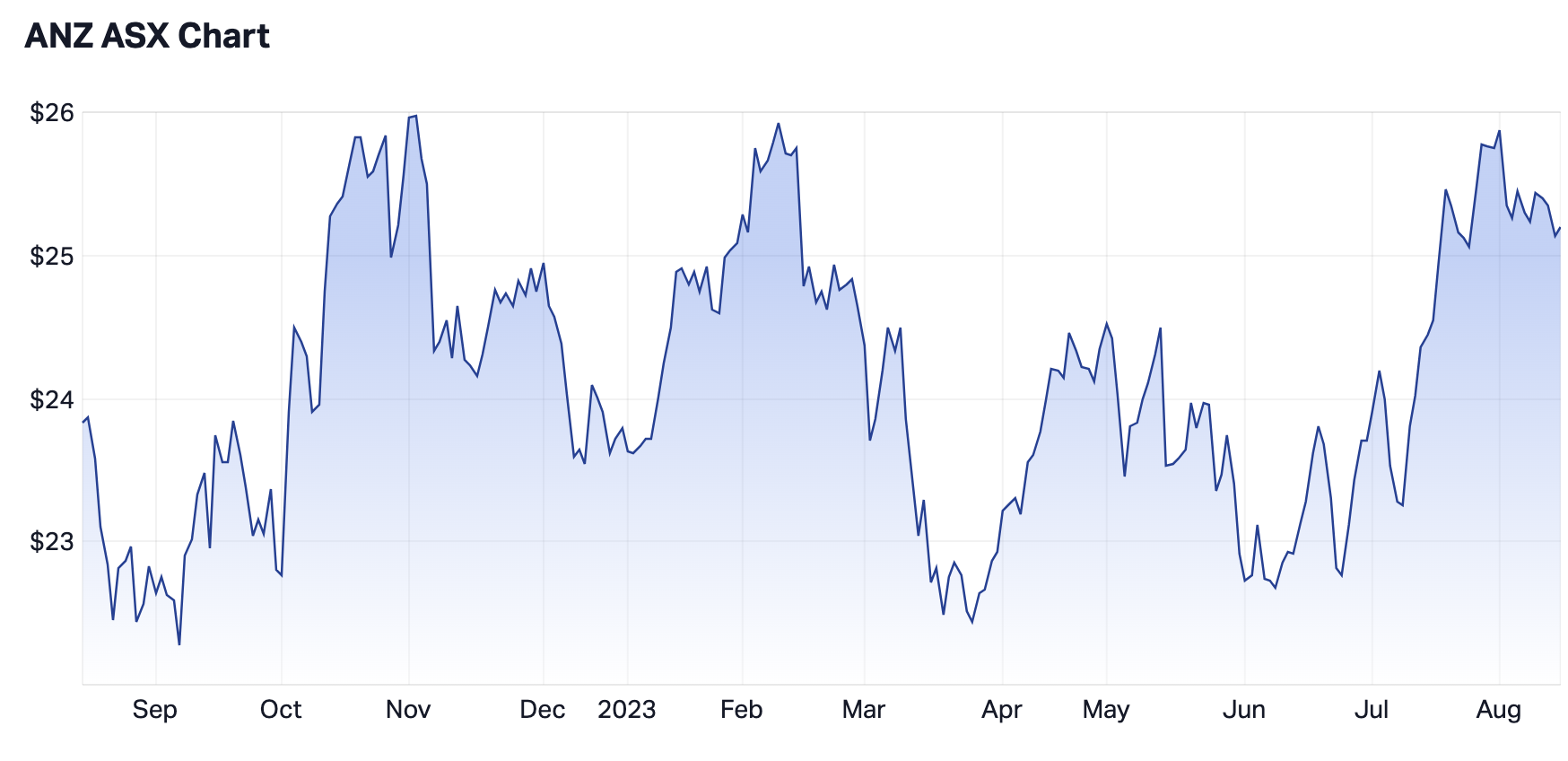
Non-bank lenders
Citi’s research analysts believe the slowing mortgage market, and heightened competition, present an opportunity for non-bank financial institutions (NBFIs) to take market share.
Of the five NBFIs under Citi’s coverage, analysts Thomas Strong and Brendan Sproules rate four as BUY and one as SELL. In order of preference, they are:
Liberty Financial Group (ASX: LFG)
Rated as a BUY, the analysts set a $4.15 price target, noting the risks of maintaining volume growth, rising compliance costs, adverse regulatory outcomes, funding risks, and potential negative market influences.
LFG shares closed at $3.95 on Monday 14 August.
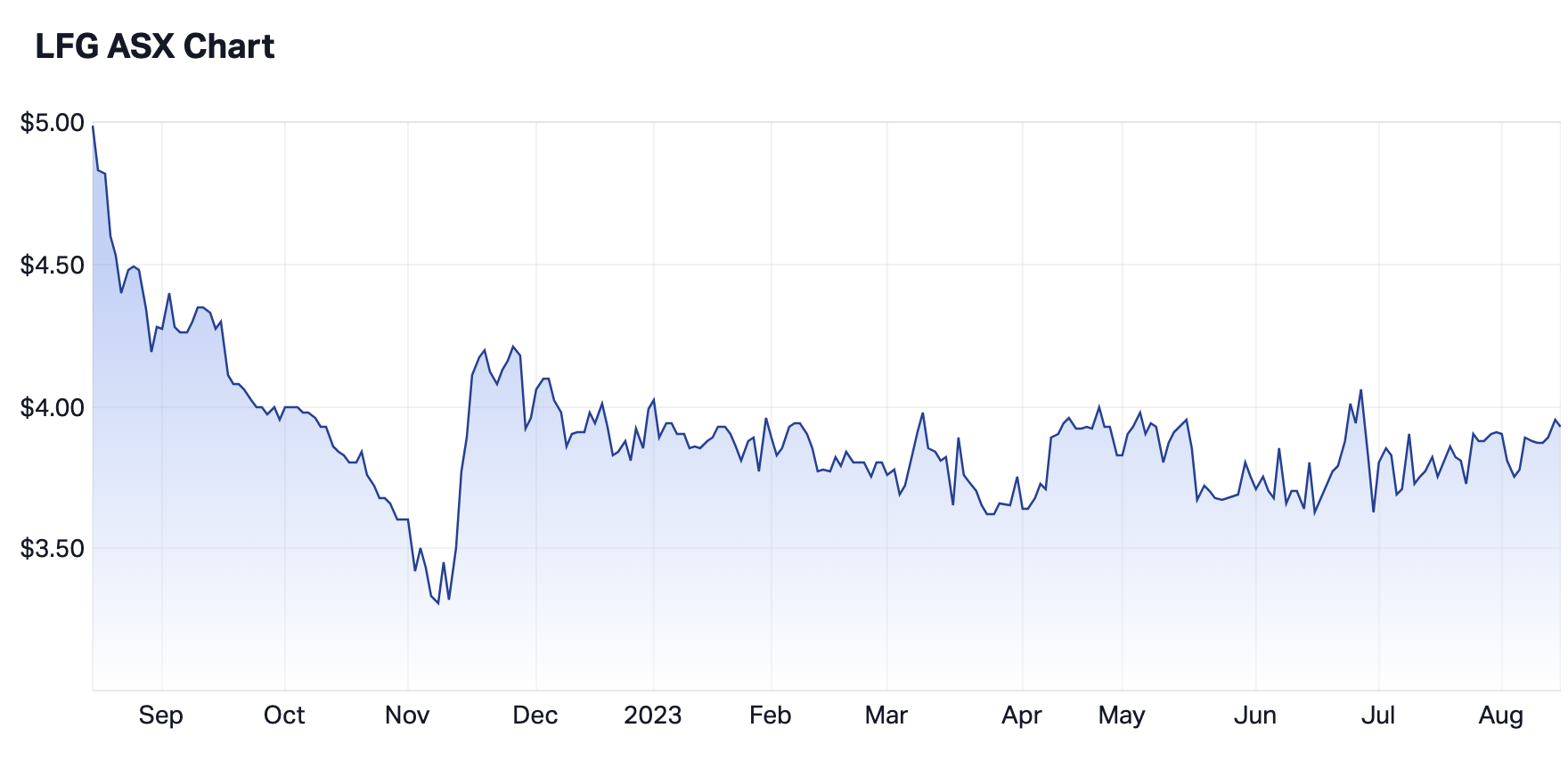
Pepper Money (ASX: PPM)
Rated as a BUY, the analysts set a $1.90 price target, acknowledging the potential for more rapid recovery of Pepper’s residential and asset finance lending, rising productivity, improved industry lending commitments and other upside risks.
“The main downside risks to achieving our target price include the inability to grow volumes, maintain distribution, price efficiently for risk, or incur adverse price competition from new entrants,” said the Citi analysts.
Pepper shares closed at $1.51 on Monday 14 August.
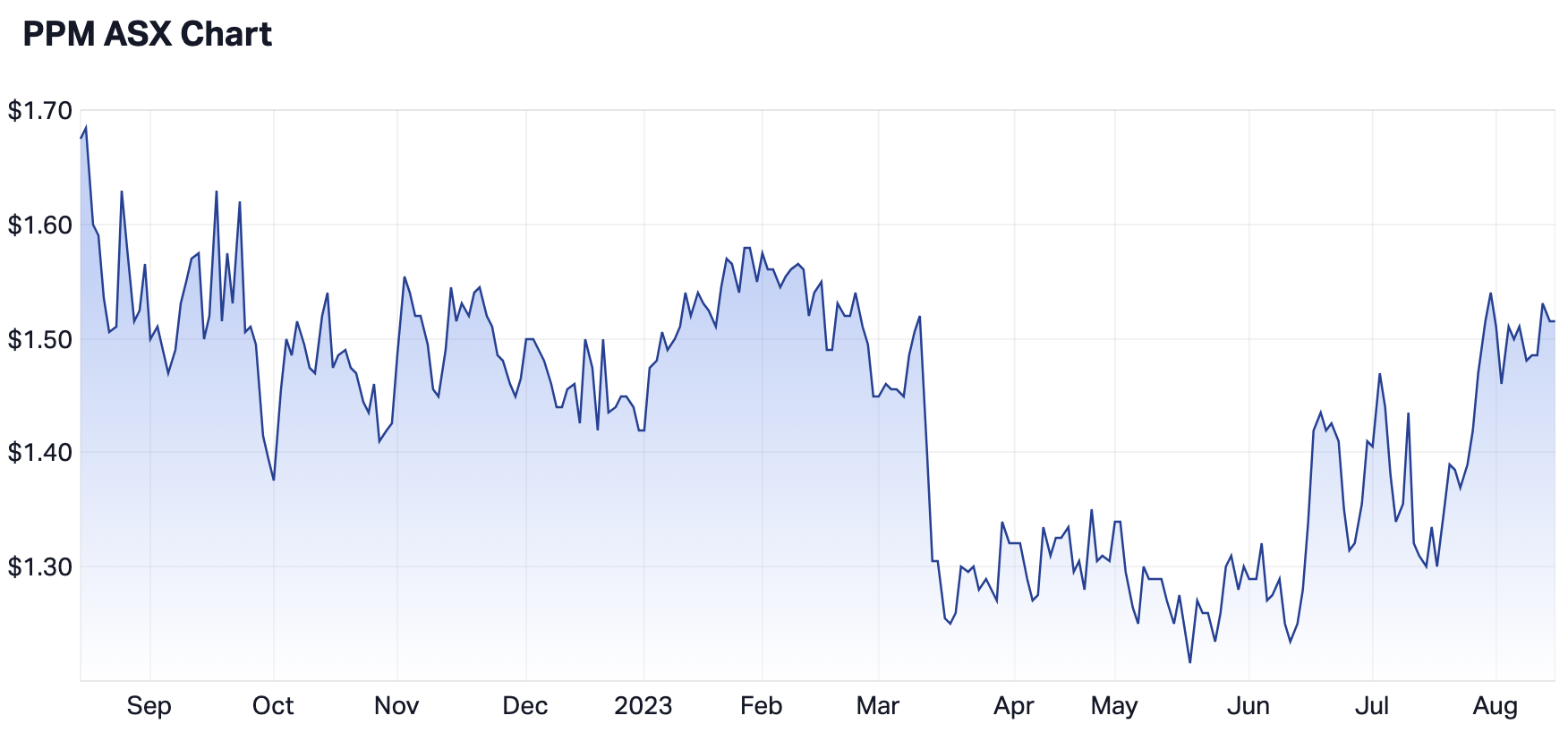
Australian Finance Group (ASX: AFG)
Rated as a BUY, Citi sets a price target of $2.
The main downside risks to achieving the target price include a potential inability to attract new brokers to the group, pressure on the share of commissions paid, and rising compliance and operating costs.
“We see the main upside risks to achieving our target price as more rapid broker franchise growth, rising productivity, improved industry lending commitments from refinancing and improved housing sentiment,” said the analysts.
AFG shares closed at $1.84 on Monday 14 August.
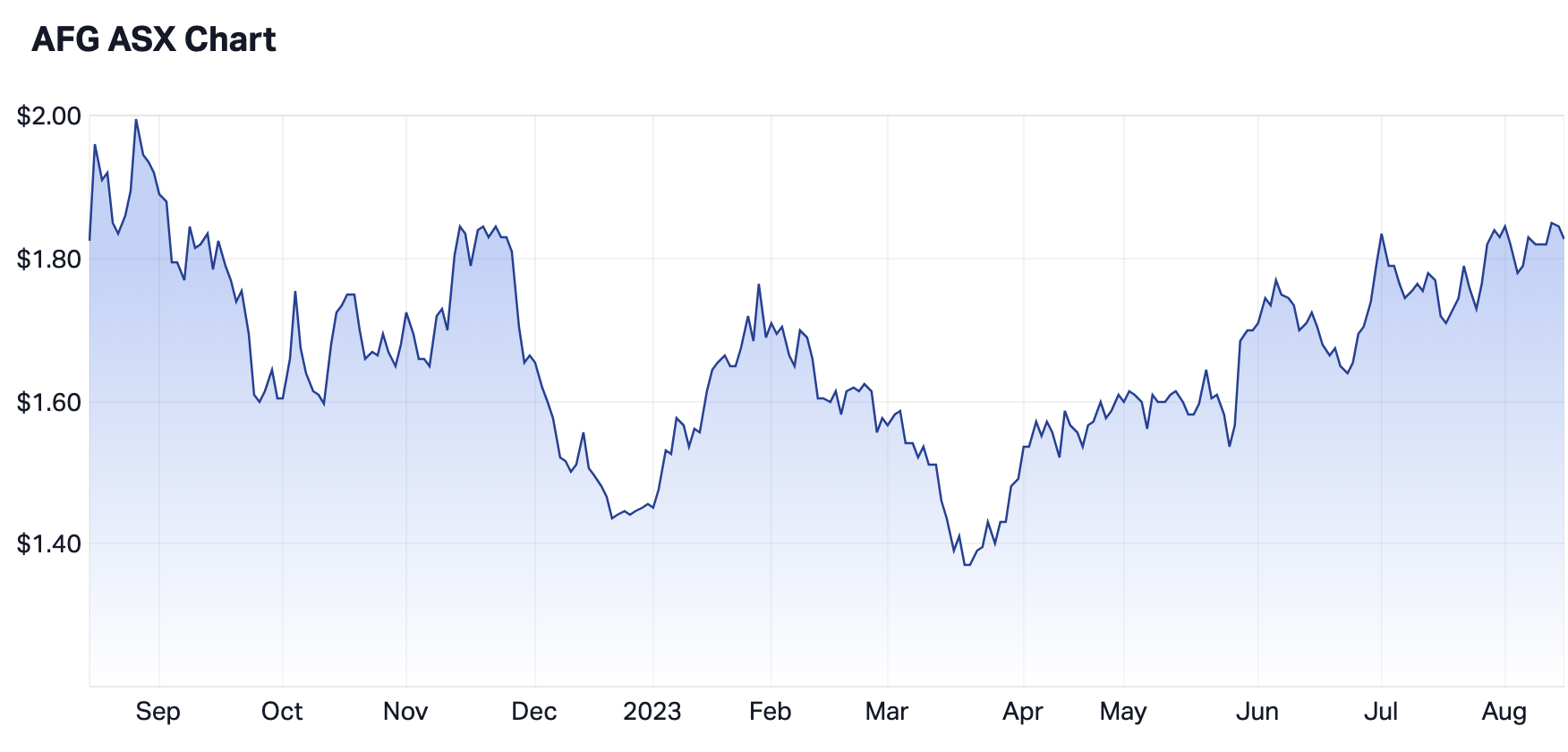
Resimac Group (ASX: RMC)
Rated as a BUY, Citi analysts set a price target of $1.20.
Upside risks, as with the others, include more rapid recovery in residential and asset finance lending, rising productivity, improved housing sentiment and lessening competition.
“The main downside risks to achieving our target price include the inability to grow volumes, maintain distribution, price efficiently for risk, or incur adverse price competition from new entrants,” said Citi.
RMC shares traded at 96 cents at the market close on Monday 14 August.
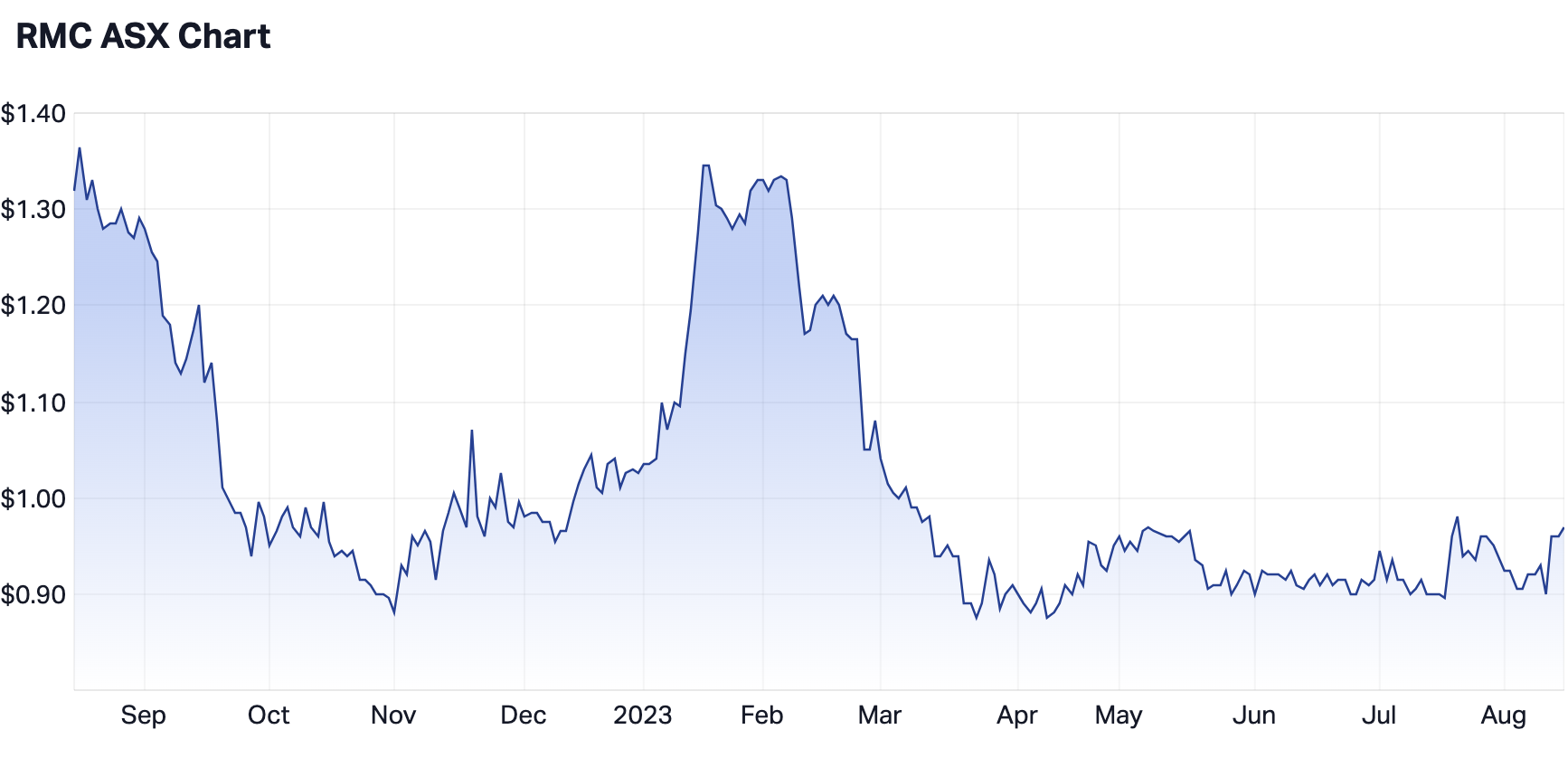
Latitude Group Holdings (ASX: LFS)
Rated as a SELL, Citi sets a price target of 95 cents a share.
The analysts note several risks, including an inability to maintain and grow origination volumes, reliance on retail partners, heightened competition in the consumer finance space, increasing funding costs, and tightening macroeconomic pressures.
Latitude shares closed at $1.18 on Monday 14 August.
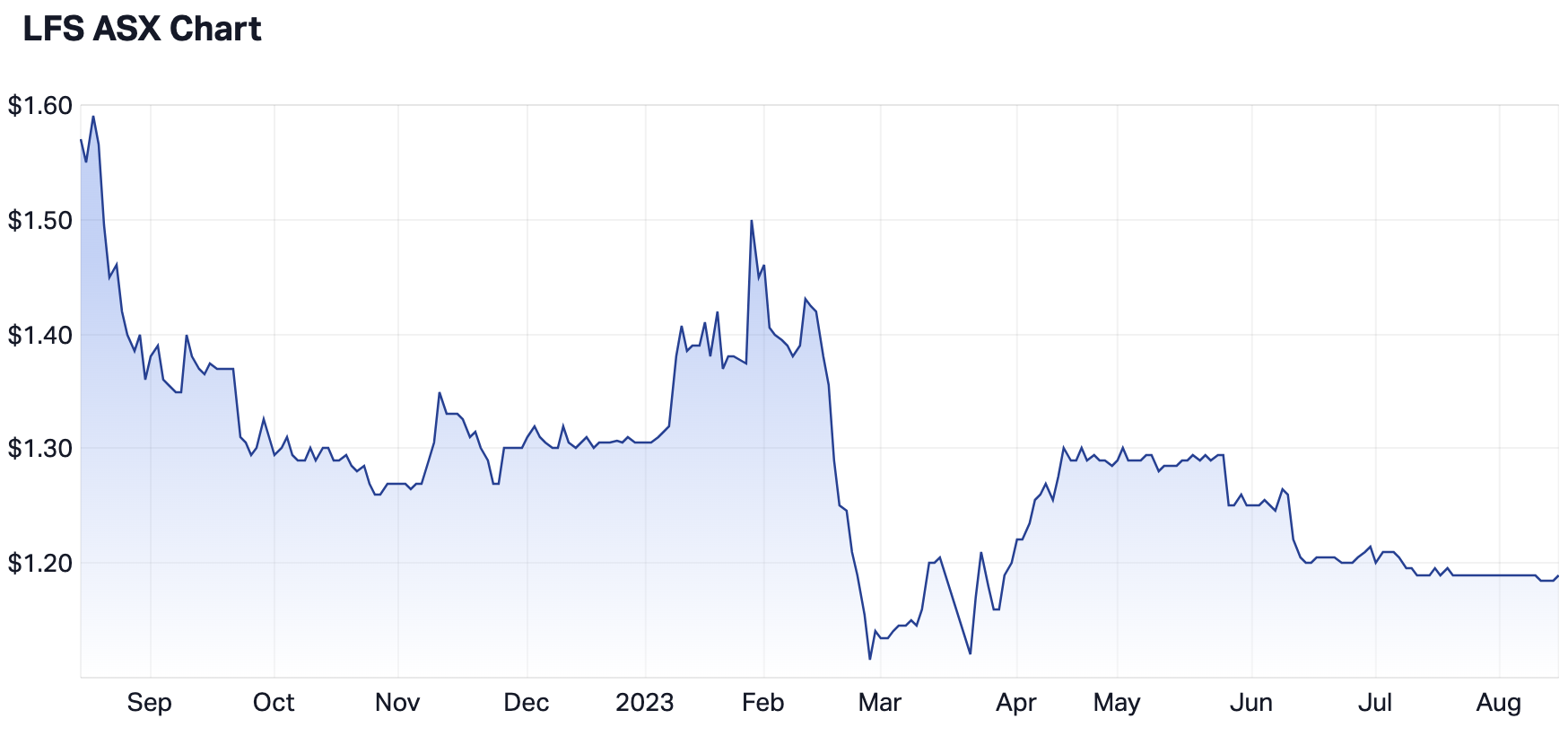
Consumer staples
Food and non-alcoholic beverages costs rose across all household types in the ABS study, with higher prices for meals out and takeaway foods contributing. Fruit and vegetable costs also rose on the back of cooler weather, which reduced the supply of tomatoes and cucumbers.
Two of the obvious ways investors might consider exposure to this sector are:
Coles Group (ASX: COL) and Woolworths Group (ASX: WOW)
The larger of the two supermarket chains is Woolworths, with a market cap of $46.69 billion versus Coles’ market cap of $23.97 billion as of Tuesday 15 August. Almost 100 years old, Woolworths was founded in 1924 and is led by CEO Brad Banducci.
Coles, which was spun out of conglomerate Wesfarmers in 2018, is headed by CEO Steven Cain.
Broking and research firm CLSA last month revised its estimates for the Consumer Staples sector, downgrading WOW to UNDERPERFORM from Outperform and cutting its price target to $40.50 from $41.50.
JPMorgan analyst Bryan Raymond rates COL as UNDERWEIGHT as of 1 February 2023, with a price target of $17.76.
MLC’s Anthony Golowenko recently spoke about trimming his allocations of these stocks, anticipating margin pressures to continue playing out into 2024.
Coles shares closed at $17.91, and Woolworths shares closed at $38.31, on Monday 14 August.
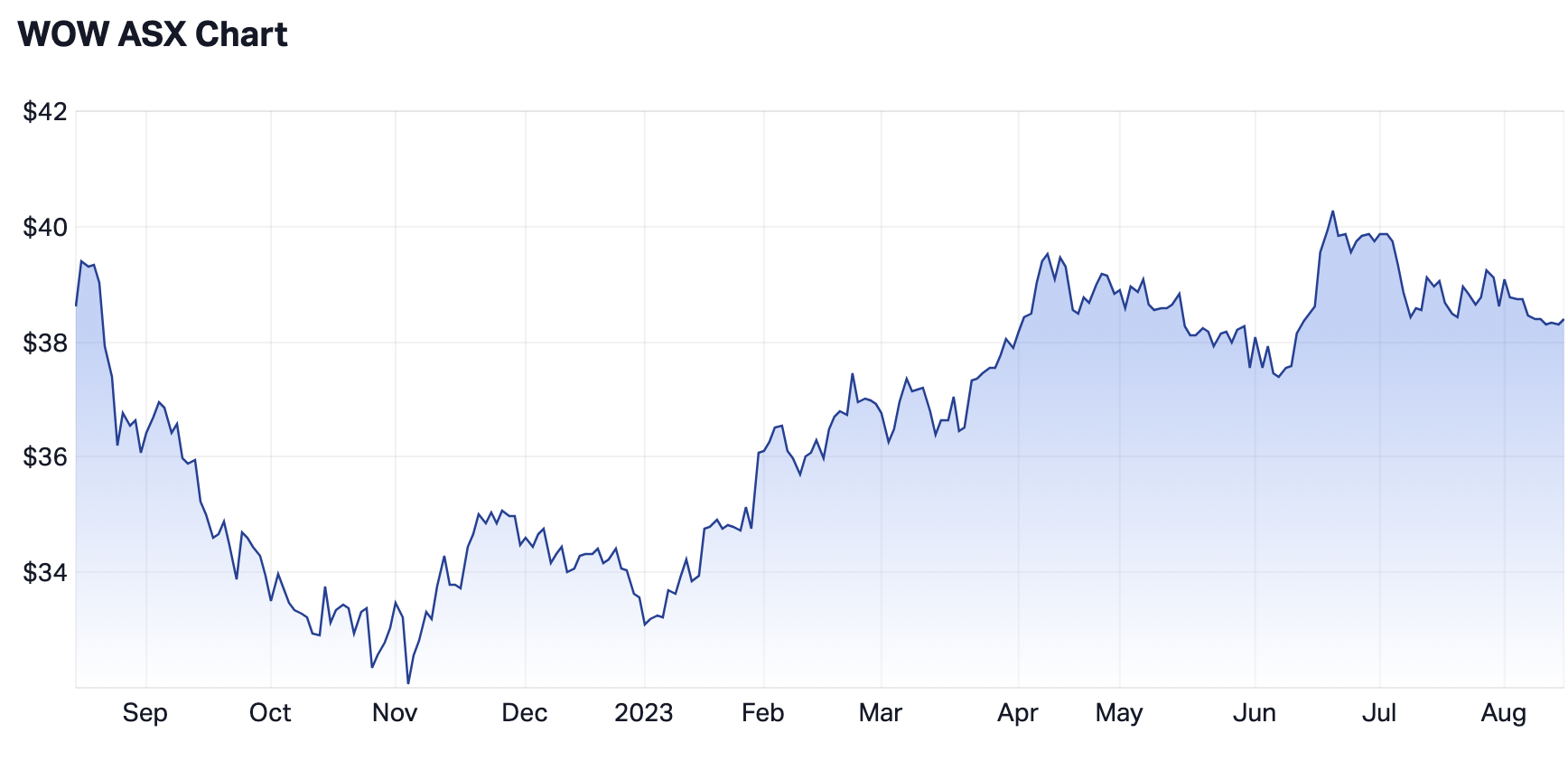
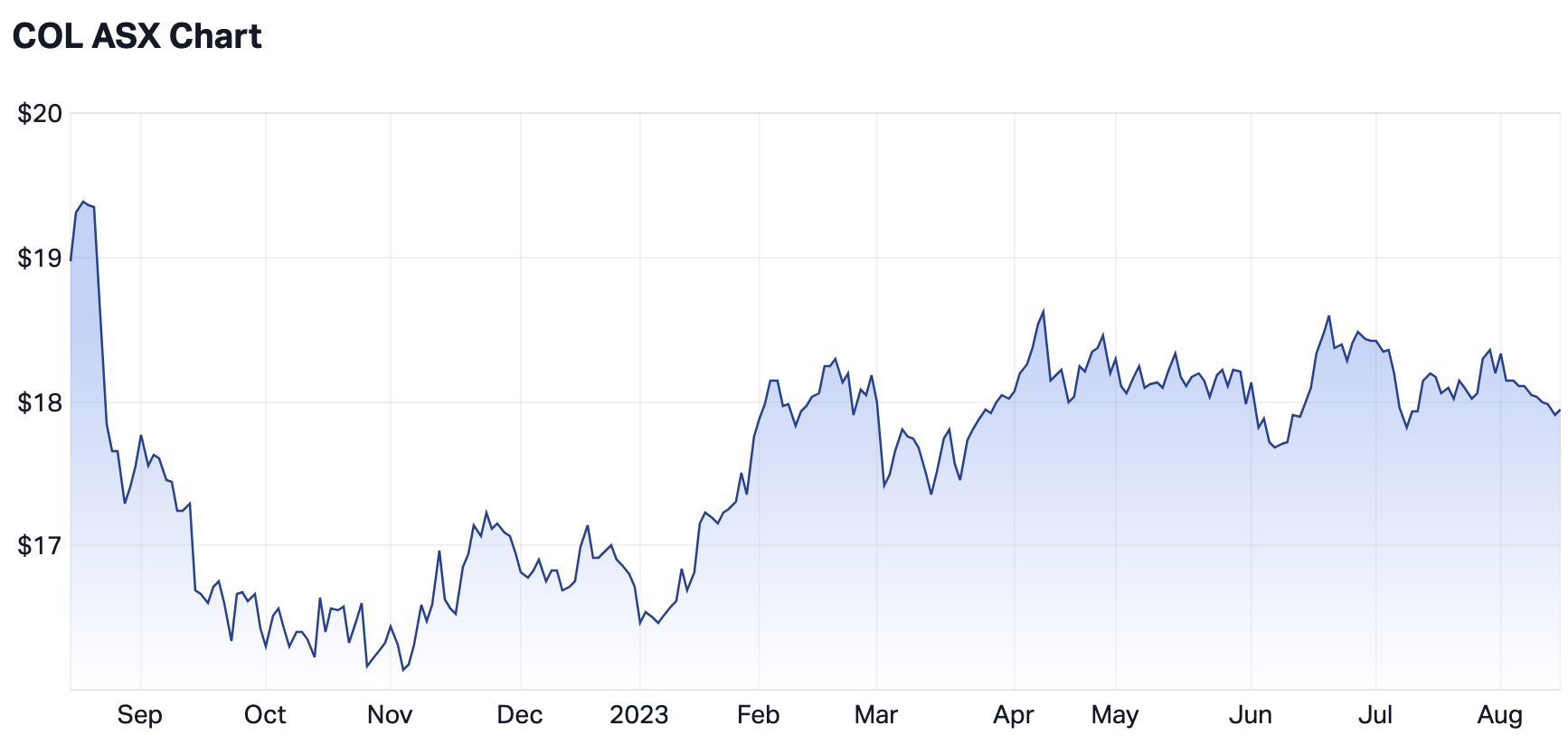
ASX telco stocks
In my previous article, I covered a few large-cap energy stocks investors might consider to help defray elevated household power costs. On a related note (with several utility providers now also offering broadband and other services) household telecommunication costs have also jumped sharply in recent times. From early July, Australia’s biggest telco, Telstra, hiked its plan prices by up to $6 a month.
Telstra (ASX: TLS)
The behemoth of Australia’s telco sector, Telstra controls the biggest network and largest customer base across both the enterprise and retail segments. Earlier this month, news emerged of a potential $6.3 billion partnership between smaller incumbents TPG Telecom (ASX: TPG) and Vocus to help tackle Telstra’s dominance.
But on 10 August, Macquarie’s sell-side analysts reaffirmed their OUTPERFORM rating and set a price target of $4.64 (just 1% below their previous PT).
Earlier, on 4 July, UBS analyst Lucy Huang upgraded Telstra to BUY from Neutral, with a price target of $4.75.
Goldman Sachs also rates Telstra as BUY, having upgraded it from Neutral back in January.
Telstra shares closed at $4.27 on Monday 14 August.
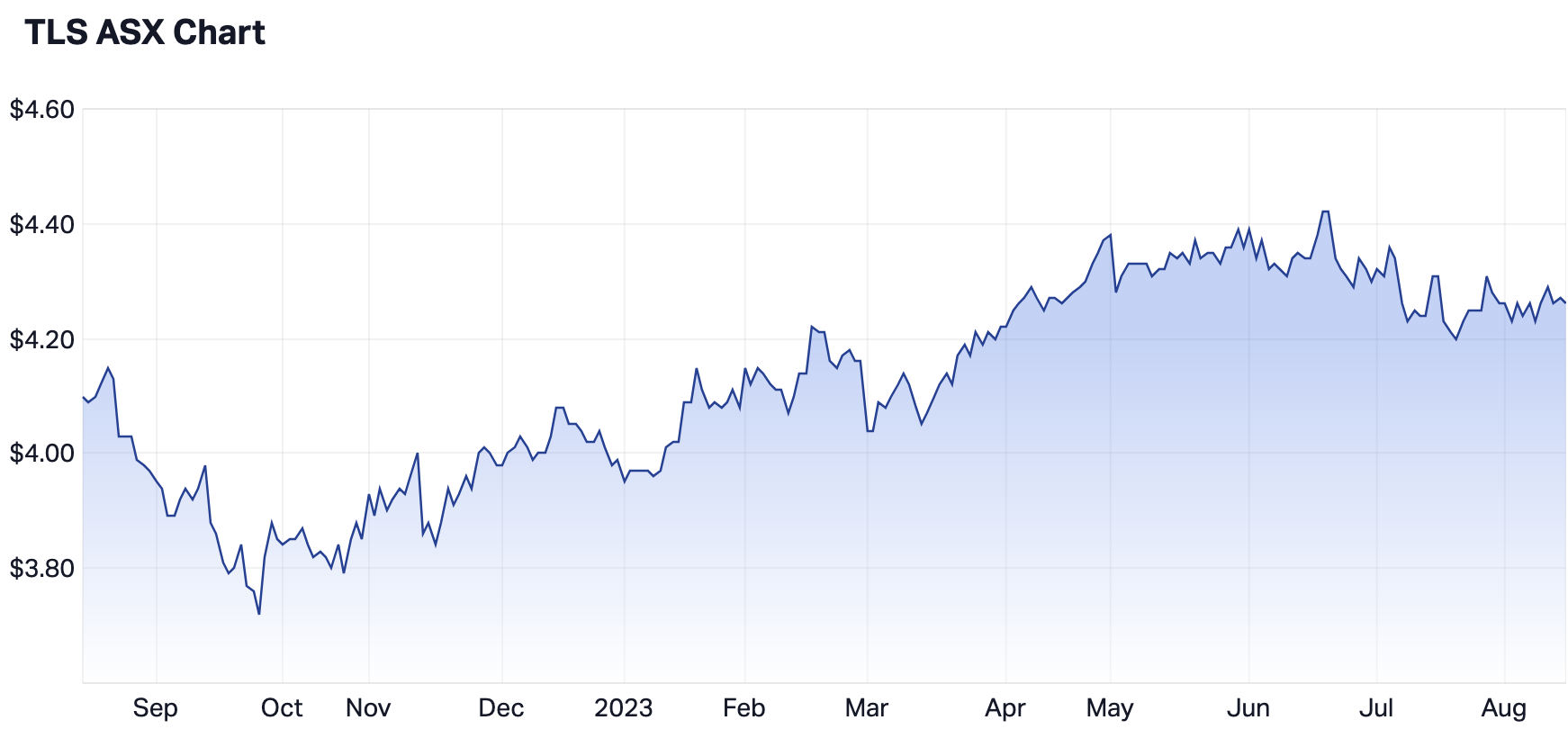
TPG Telecom (ASX: TPG)
On 22 June, UBS’s Lucy Huang downgraded TPG to NEUTRAL from Buy, cutting her price target to $5.55 from $6.
On the same day, JPMorgan’s Mark Busuttil also dropped his TPG rating to NEUTRAL, from Overweight and cut his price target to $5.50 from $5.60.
Morgan Stanley analyst Andrew McLeod downgraded TPG to EQUAL-WEIGHT from Overweight on 16 May and slashed his price target to $5.60 from $7.70.
TPG shares closed at $5.49 on Monday 14 August.
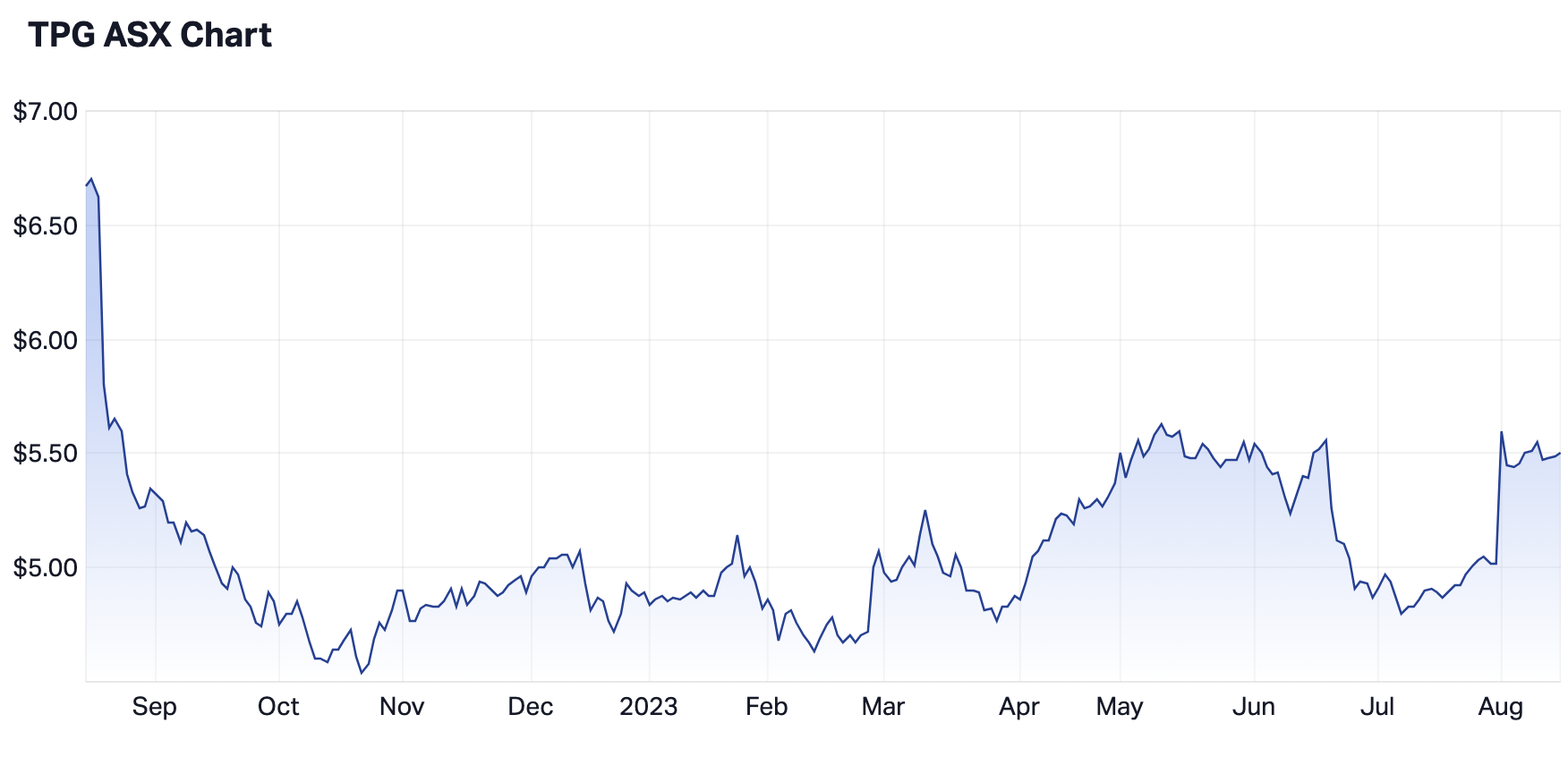
Travel companies
And finally, if you’ve booked a flight anywhere recently – either international or domestic – you might’ve experienced some “sticker price shock”.
Australian international airfares have surged more than 50% above pre-pandemic levels, according to data recently reported by The Guardian newspaper.
That’s despite falling costs of jet fuel, which has provided a tailwind for airline’s earnings, prompting an inquiry into price gouging, as announced last week (on 11 August).
Qantas is one of the major companies that will be reviewed by the Australian Council of Trade Unions-backed inquiry, headed by former competition watchdog boss Allan Fels.
Qantas Airways (ASX: QAN)
On 24 May, UBS analyst Andrew Fromyhr upgraded Qantas to BUY from Neutral and increased his price target to $7.95 from $7.60.
On the same day, Jarden analyst Jakob Cakarnis downgraded the company to OVERWEIGHT from Buy, leaving his price target at $7.
Qantas shares closed at $6.39 on Monday 14 August.
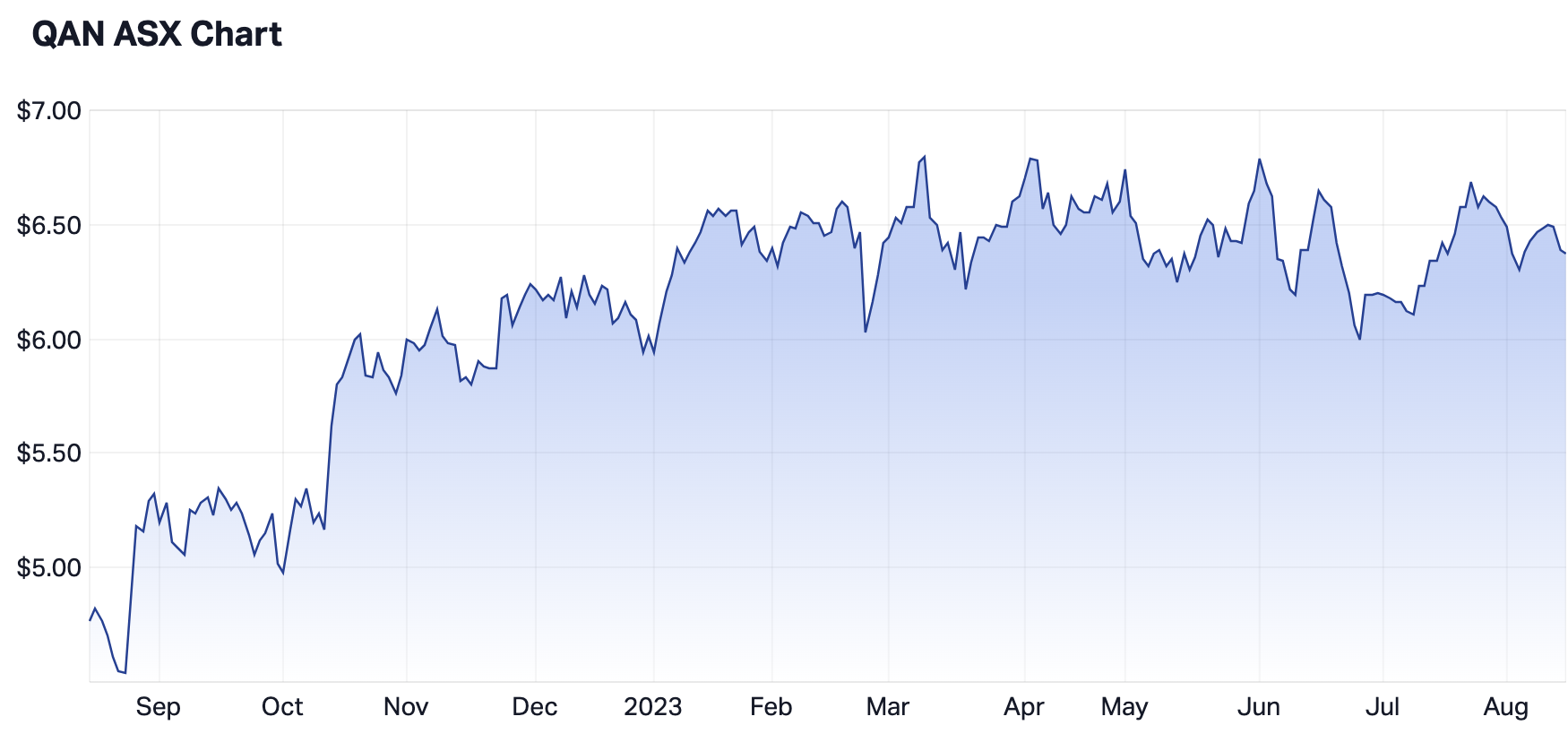
Transurban Group (ASX: TCL)
Another travel-related company, this one ground-based rather than airborne, Transurban is Australia’s largest toll-road operator. It builds and operates motorways in Melbourne, Sydney and Brisbane alongside international toll roads in North America.
Chris Conway recently discussed TCL as one of a handful of stocks to watch in the FY2023 reporting season, largely for its “read-through on traffic volumes and freight/industrial volumes.”
Conway questions whether consumers will swallow the higher prices of toll fares or whether the latest numbers will show a weakening.
“Perhaps most importantly, however, the numbers will deliver insight into whether or not TCL, and others like it (expensive defensives) have had their day in the sun,” he wrote.
Citi analyst Suraj Nebhani upgraded the stock to BUY from Neutral in mid-July, with a price target of $16.20.
TCL shares closed at $13.90 on Monday 14 August.
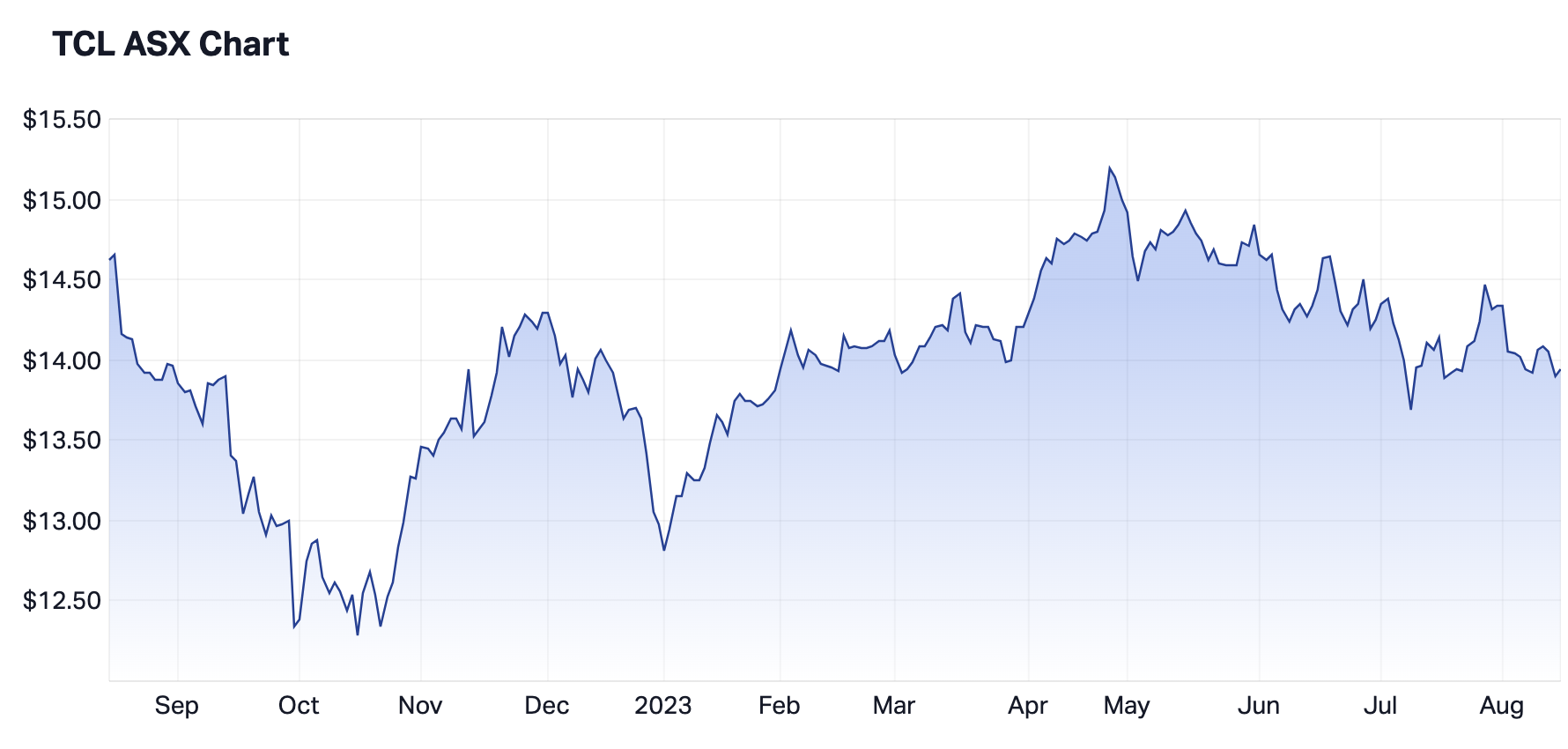
Editor’s note: The JPMorgan rating and price target for Coles Group, as of 1 February, is UNDERWEIGHT and $17.76, as is now reflected in the above copy. This was previously transcribed incorrectly as NEUTRAL and $4.70.
4 topics
13 stocks mentioned
3 contributors mentioned

